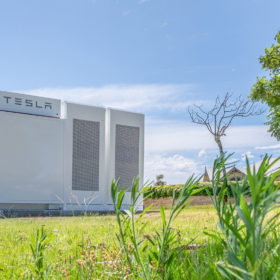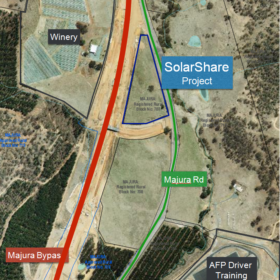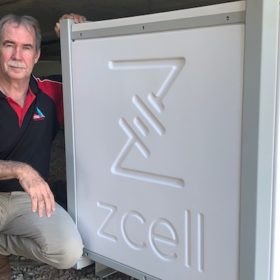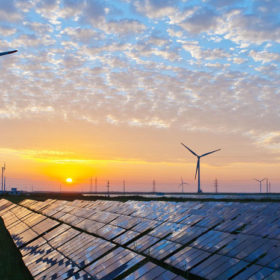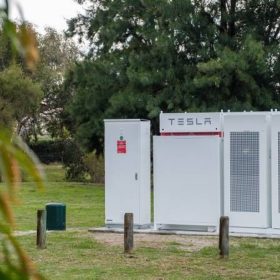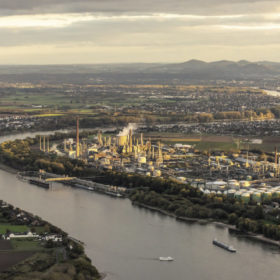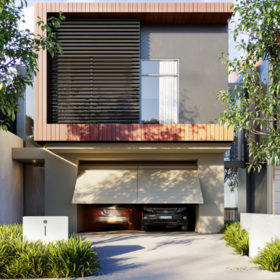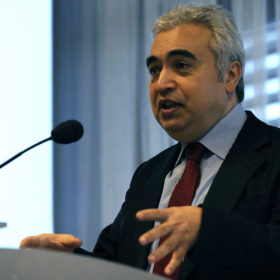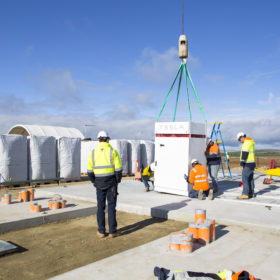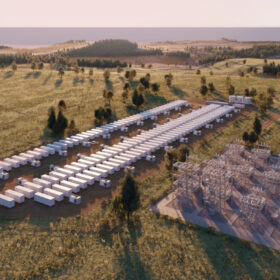WA community battery rollout continues: Tesla battery launched in Port Kennedy
The Western Australia government has installed the state’s sixth grid-connected community PowerBank battery, taking the total number of shared battery storage systems on the Western Power network to 13.
Epho to construct Canberra’s first community solar farm
Canberra’s first community solar farm, the Majura Valley Community Solar Farm, is a step closer to reality after Epho signed on to design and construct the farm. The solar farm is the development project of SolarShare, a group of local community investors.
Redflow now Australia-wide after entering “ideally suited” Top End
Redflow Batteries’ latest partner is Northern Territory veteran power-related products company Delta Electrics. Andrew Boller, General Manager of Delta Electrics, believes Redflow’s zinc-bromine batteries are ideally suited to the hot, demanding conditions of the Top End.
CEC: Investment roadmap should prioritize solar and wind as lowest-cost technologies
The government’s task is to identify and develop a suite of energy technologies that can provide low-cost, low-emissions electricity system of the future, and the Clean Energy Council says that this can be achieved by leveraging Australia’s comparative advantage and the mature industry built around solar and wind. Technologies that extend the life of higher cost, fossil fuel generation should not be prioritized for investment, the CEC says, instead, the roadmap should focus on plenty of challenges to accelerate renewable energy investment.
Australia has failed miserably on energy efficiency – and government figures hide the truth
Amid the urgent need to slow climate change by cutting greenhouse gas emissions, energy efficiency makes sense. But as Australia’s chief scientist Alan Finkel last week warned, we’re not “anywhere close to having that nailed”.
Battery No. 5 is alive! WA’s DER Roadmap unfolds
Seaside sunshine is a hallmark of the Western Australian regional city of Busselton. Now a number of residents will be able to access a community battery to better manage their solar generation for use during the starry nights.
Low-cost direct solar-to-hydrogen ambitions see the light
The road to cheap hydrogen production is riddled with potholes and energy losses. One Australian team of researchers has shown that rethinking solar technology and skipping electrolysers holds great promise for attaining the hydrogen grail.
Solar proves a sanctuary from Covid-19 energy bill shock
Nationwide analysis from Natural Solar’s live monitoring systems shows a 105% increase in Aussie household electricity in Q1 2020 as compared to 2019, a spike resulting from the lockdown implications of the Covid-19 pandemic. However, many Australians, like the 100% of Mulpha’s ‘Smart City’ buyers in Sydney’s North-West, will be buffeted from bill spikes thanks to home solar and energy storage systems.
Supply chain concerns will drive EV battery recycling policies
With electric vehicles starting to gain traction, the International Energy Agency’s updated, ten-year e-mobility forecast has suggested geopolitical and economic concerns will trump environmental niceties when it comes to encouraging recycling. But what price ever-cheaper batteries?
WoodMac: Australia’s energy storage capacity to more than double in 2020
According to new research from Wood Mackenzie, Australia is set to add 1.2 GWh of energy storage capacity in 2020, more than double the 499 MWh installed in 2019.
